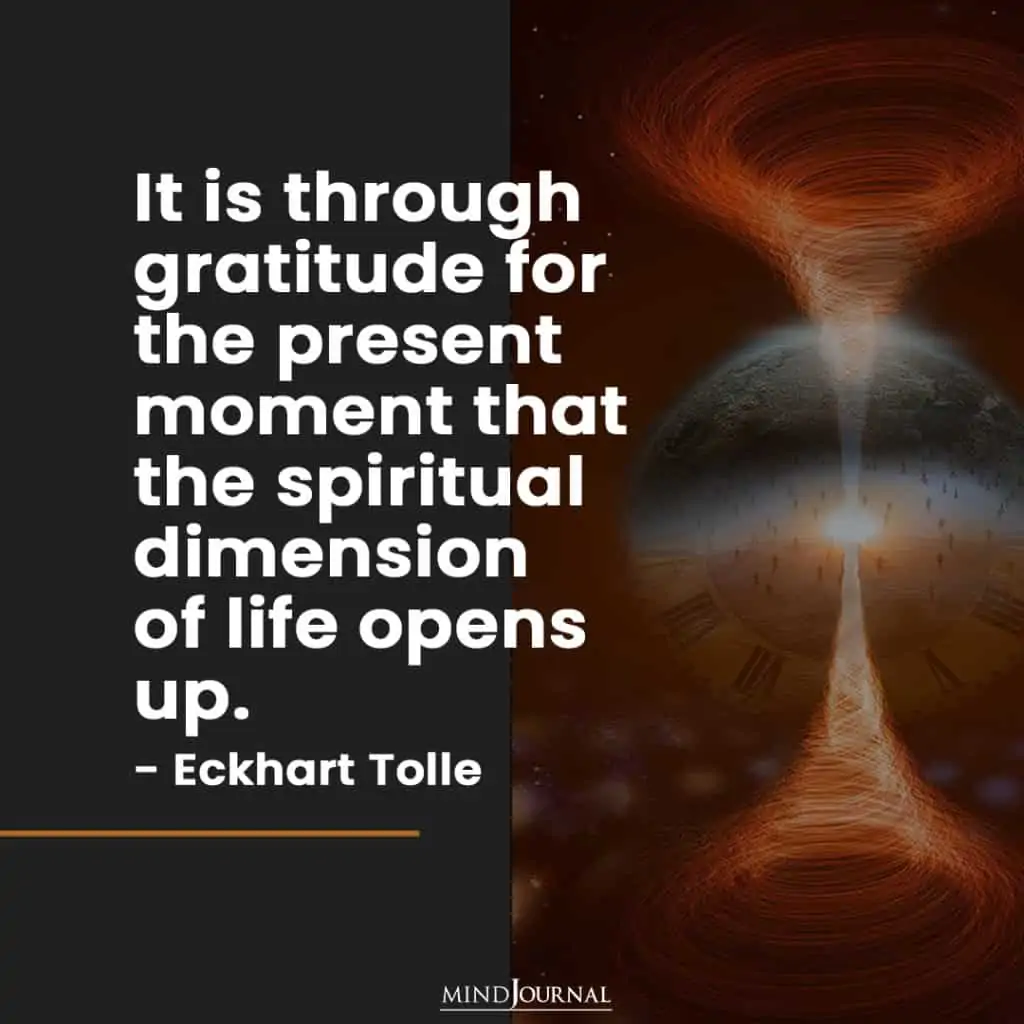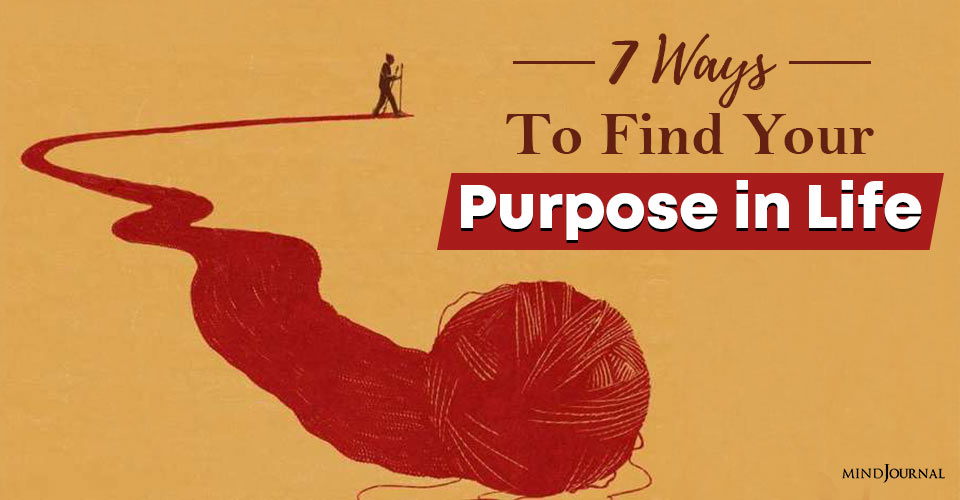Do you know your purpose in life? Having a meaningful, long-term goal is good for your well-being. Here’s how to find one.
Many of the people I know seem to have a deep sense of purpose in life. Whether working for racial justice, teaching children to read, making inspiring art, or collecting donations of masks and face shields for hospitals during the pandemic, they’ve found ways to blend their passion, talents, and care for the world in a way that infuses their lives with meaning.
Luckily for them, having a purpose in life is associated with all kinds of benefits. Research suggests that purpose is tied to having better health, longevity, and even economic success. It feels good to have a sense of purpose, knowing that you are using your skills to help others in a way that matters to you.
But how do you go about finding your purpose in life if it’s not obvious to you? Is it something you develop naturally over the course of a lifetime? Or are there steps you can take to encourage more purpose in your life?
Likely both says Kendall Bronk, a researcher who directs the Adolescent Moral Development Lab at Claremont Graduate University. People can find a sense of purpose organically—or through deliberate exercises and self-reflection. Sometimes, just having someone talk to you about what matters to you makes you think more intentionally about your life and your purpose, says Bronk.
In her work with adolescents, she’s found that some teens find purpose in life after experiencing hardship. Maybe a kid who has experienced racism decides to become a civil rights advocate. Or one who’s suffered severe illness decides to study medicine. Of course, experiences like poverty and illness are extremely hard to overcome without help from others.
But Bronk’s research suggests that having a supportive social network—caring family members, like-minded friends, or mentors, for example—helps youth to reframe hardship as a challenge they can play a role in changing for the better. That might be true of adults, too.
While hardship can lead to purpose in life, most people probably find purpose in a more meandering way, says Bronk—through a combination of education, experience, and self-reflection, often helped along by encouragement from others. But finding your purpose can be jump-started, too, given the right tools.
She and her colleagues have found that exercises aimed at uncovering your values, interests, and skills, as well as practicing positive emotions like gratitude, can help point you toward your purpose in life.
Here are some of her recommendations based on her research on purpose in life.
Read How To Answer Your Calling And Find Your Life Purpose
7 Ways To Find Your Purpose in Life
1. Identify the things you care about
Purpose is all about applying your skills toward contributing to the greater good in a way that matters to you. So, identifying what you care about is an important first step.
In Greater Good’s Purpose Challenge, designed by Bronk and her team, high school seniors were asked to think about the world around them—their homes, communities, the world at large—and visualize what they would do if they had a magic wand and could change anything they wanted to change (and why). Afterward, they could use that reflection to consider more concrete steps they might take to contribute toward moving the world a little closer to that ideal.
A similar process is recommended for older adults by Jim Emerman of Encore.org, an organization that helps seniors find new purpose in life. Instead of envisioning an ideal future world, though, he suggests posing three questions to yourself:
- What are you good at?
- What have you done that gave you a skill that can be used for a cause?
- What do you care about in your community?
By reflecting on these questions, he says, older adults can brainstorm ideas for repurposing skills and pursuing interests developed over a lifetime toward helping the world.

2. Reflect on what matters most
Sometimes it can be hard to single out one or two things that matter most to you because your circle of care and concern is far-ranging. Understanding what you value most may help you narrow down your purpose in life to something manageable that also truly resonates with you.
There are several good values surveys to choose from, including these three recommended by PositivePsychology.com: the Valued Living Questionnaire, the Portrait Values Questionnaire, and the Personal Values Questionnaire. All have been used in research studies and may be helpful to those who feel overwhelmed by all they want to change.
Bronk found that helping people prioritize their values is useful for finding purpose in life. The survey used in Greater Good’s purpose challenge—where students were asked to look at common values and rank which were most important, least important, and in between—has been shown to be effective in helping people clarify their purpose.
Once you’re clearer on your deepest values, Bronk recommends asking yourself: What do these values say about you as a person? How do these values influence your daily life? How might they relate to what you want to do with the rest of your life? Doing this exercise can help you discover how you can put your values to use.
3. Recognize your strengths and talents
We all have strengths and skills that we’ve developed over our lifetimes, which help make up our unique personalities. Yet some of us may be unsure of what we have to offer.
If we need help, a survey like the VIA Character Strengths Survey can be useful in identifying our personal strengths and embracing them more fully. Then, you can take the results and think about how you can apply them toward something you really care about.
But it can also be helpful to ask others—teachers, friends, family, colleagues, mentors—for input.
In the Purpose Challenge, students were asked to send emails to five people who knew them well and to pose questions like:
- What do you think I’m particularly good at?
- What do you think I really enjoy?
- How do you think I’ll leave my mark on the world?
Adults can do this if they need feedback, too—either formally or informally in conversation with trusted others. People who know you well may be able to see things in you that you don’t recognize in yourself, which can point you in unexpected directions. On the other hand, there is no need to overly rely on that feedback if it doesn’t resonate. Getting input is useful if it clarifies your strengths—not if it’s way off base.
Related: This Optical Illusion Test Reveals Your Secret Strengths And Weaknesses
4. Try volunteering
Finding purpose in life involves more than just self-reflection. According to Bronk, it’s also about trying out new things and seeing how those activities enable you to use your skills to make a meaningful difference in the world. Volunteering in a community organization focused on something of interest to you could provide you with some experience and do good at the same time.
Working with an organization serving others can put you in touch with people who share your passions and inspire you. In fact, it’s easier to find and sustain purpose with others’ support—and a do-gooder network can introduce you to opportunities and a community that shares your concern. Volunteering has the added benefit of improving our health and longevity, at least for some people.
However, not all volunteer activities will lead to a sense of purpose. “Sometimes volunteering can be deadening,” warns Stanford University researcher Anne Colby. “It needs to be engaging. You have to feel you’re accomplishing something.” When you find a good match for you, volunteering will likely “feel right” in some way—not draining, but invigorating.
5. Imagine your best possible self
This exercise is particularly useful in conjunction with the magic-wand exercise described above. In Greater Good’s Purpose Challenge, high school students were asked to imagine themselves at 40 years of age if everything had gone as well as it could have in their lives.
Then, they answered questions, like:
- What are you doing?
- What is important to you?
- What do you really care about, and why?
The why part is particularly important because purposes usually emerge from our reasons for caring says Bronk.
Of course, those of us who are a bit older can still find these questions valuable. However, says Bronk, older folks may want to reflect back rather than look ahead. She suggests we think about what we’ve always wanted to do but maybe couldn’t because of other obligations (like raising kids or pursuing a career).
There seems to be something about seeing what you truly want for yourself and the world that can help bring you closer to achieving it, perhaps by focusing your attention on the people and experiences you encounter that may help you get there.
Related: 10 Steps For Practicing Self Love
6. Cultivate positive emotions like gratitude and awe
To find purpose in life, it helps to foster positive emotions, like awe and gratitude. That’s because each of these emotions is tied to well-being, caring about others, and finding meaning in life, which all help us focus on how we can contribute to the world.
In her study with young adults, Bronk found that practicing gratitude was particularly helpful in pointing students toward purpose. Reflecting on the blessings of their lives often leads young people to “pay it forward” in some way, which is how gratitude can lead to purpose.

There are many ways to cultivate awe and gratitude. Awe can be inspired by seeing the beauty in nature or recalling an inspirational moment. Gratitude can be practiced by keeping a gratitude journal or writing a gratitude letter to someone who helped you in life. Whatever tools you use, developing gratitude and awe has the added benefit of being good for your emotional well-being, which can give you the energy and motivation you need to carry out your purposeful goals.
7. Look to the people you admire
Sometimes the people we admire most in life give us a clue to how we might want to contribute to a better world ourselves. Reading about the work of civil rights leaders or climate activists can give us a moral uplift that can serve as motivation for working toward the greater good.
However, sometimes looking at these larger-than-life examples can be too intimidating, says Bronk. If so, you can look for everyday people who are doing good in smaller ways. Maybe you have a friend who volunteers to collect food for the homeless or a colleague whose work in promoting social justice inspires you.
Related: Soul Revival: 6 Ways To Discover Your Purpose In Life
You don’t need fame to fulfill your purpose in life. You just need to look to your inner compass—and start taking small steps in the direction that means the most to you.
Written by Jill Suttie This article originally appeared on Greater Good, the online magazine of UC Berkeley’s Greater Good Science Center Republished with permission










Leave a Reply
You must be logged in to post a comment.